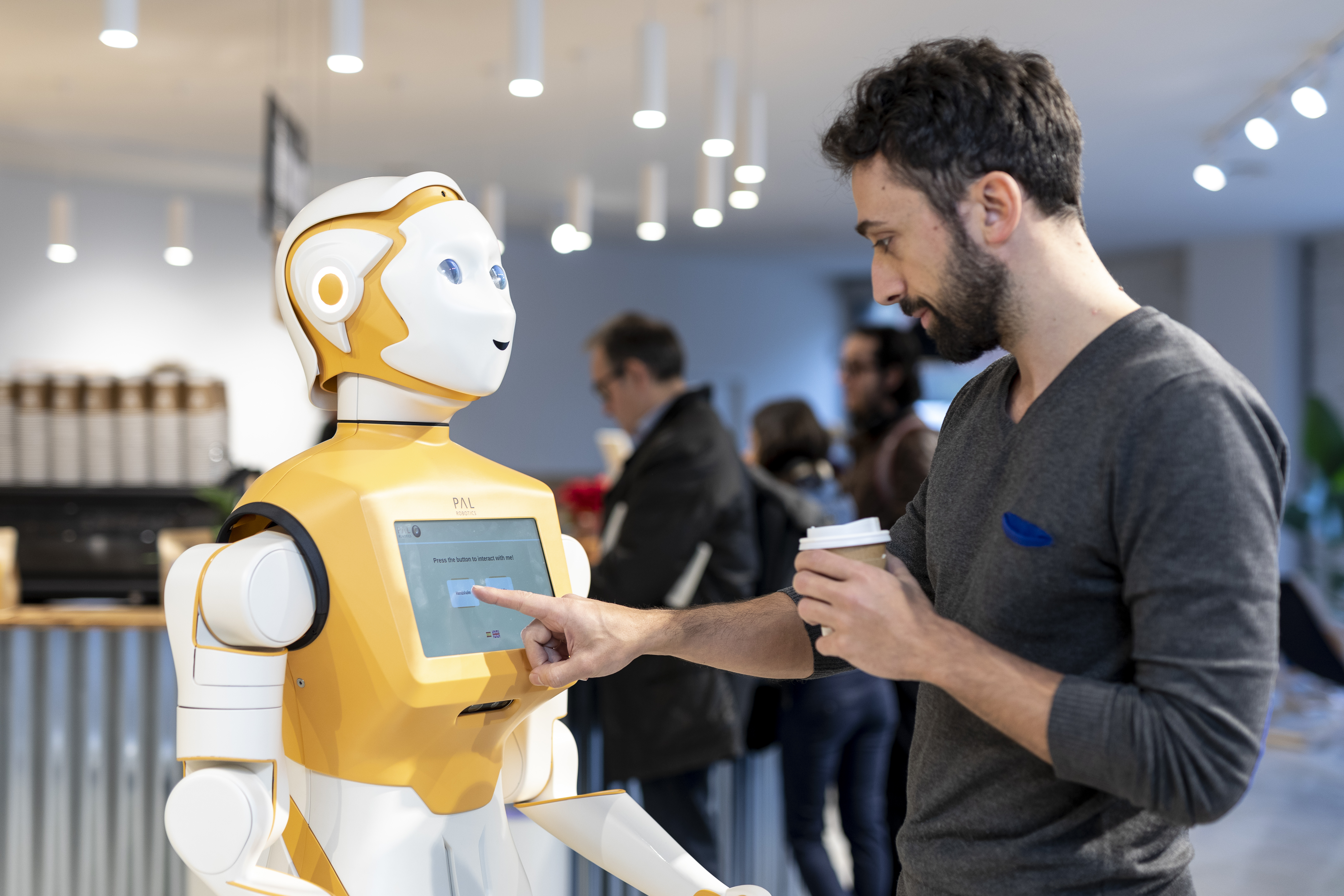Shop At Haya: Your Ultimate Shopping Guide
Discover the best shopping tips, trends, and deals for a smarter buying experience.
Robots: Your Future Roommates or Just Overachieving Toasters?
Explore the quirky world of robots—will they be your future roommates or just overachieving toasters? Discover the truth today!
Are Robots the Future of Home Automation?
The rise of technology has brought unprecedented advancements, with robots playing a pivotal role in shaping the landscape of home automation. As artificial intelligence continues to evolve, we are witnessing the emergence of intelligent devices that can perform routines ranging from mundane chores to complex tasks. Smart vacuum cleaners, automated lawn mowers, and voice-activated assistants are just a few examples of how robots are integrated into our daily lives, making home management more efficient and user-friendly.
Looking ahead, it is clear that robots will significantly influence the future of home automation. As innovation continues, we can expect to see more advanced technologies, including robots capable of learning from their environments and adapting to individual preferences. This evolution could lead to fully automated homes where systems communicate seamlessly, creating an unparalleled level of convenience and comfort for homeowners. The integration of robots into home automation is not just a trend; it is a glimpse into a smarter, more efficient future.

The Pros and Cons of Living with Robots
Living with robots has become a reality in many households, and it offers numerous pros that enhance our daily lives. For instance, robots can assist with mundane tasks such as cleaning, cooking, and even grocery shopping, allowing individuals to save time and focus on more important activities. Additionally, the integration of smart technology means that these robots can learn preferences and adapt over time, providing a more personalized experience. Moreover, for elderly or disabled individuals, robots can serve as a crucial support system, promoting independence and ensuring safety.
However, there are also notable cons to consider when it comes to living with robots. One significant concern is the potential loss of jobs, as many tasks that were once performed by humans can now be automated. This raises ethical questions about the future of work and the economy. Additionally, there can be practicality issues; for instance, not all robots are dependable or user-friendly, which might lead to frustration. Finally, there is the ongoing debate surrounding privacy, as smart robots often require access to personal data, raising concerns about how this information is managed and protected.
Will Robots Replace Human Roommates or Enhance Our Lives?
The emergence of advanced robotics and artificial intelligence has sparked a heated debate about whether robots will ultimately replace human roommates or serve to enhance our living experiences. As technology continues to evolve, the prospect of having a robotic companion in our homes presents both exciting opportunities and significant challenges. On one hand, robots could take on mundane tasks such as cleaning, cooking, and organization, potentially freeing up time for humans to engage in social or personal activities. On the other hand, the emotional and social aspects of human interaction cannot be easily replicated by machines, raising questions about the quality of relationships we may sacrifice for convenience.
While some may argue that camaraderie and connection are lost with the rise of robots, others believe that these technologies can enhance our lives in meaningful ways. For instance, robotic roommates could be programmed to support not only daily chores but also assist with personal development through reminders and motivation systems. Additionally, robots can serve as an excellent solution for those who may experience isolation, providing companionship through consistent interaction. Ultimately, the question remains: will we view robots simply as replacements for human roommates, or will we embrace them as tools to create a more balanced and fulfilled life?